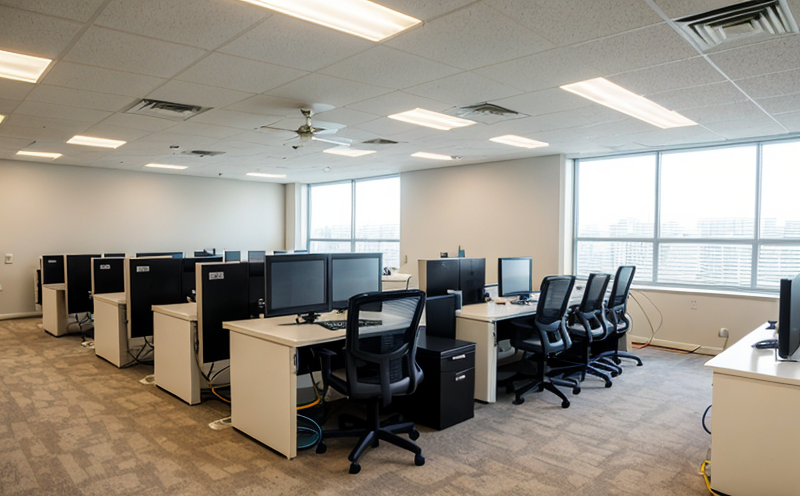CIE 198 Energy Efficiency Testing of Optical Radiation in Lighting
The CIE 198 (Commission Internationale de l'Éclairage) standard is a cornerstone for ensuring the energy efficiency and performance of lighting systems. This testing method specifically targets the measurement of optical radiation emitted by light sources, providing insights into their efficacy, color rendering index, and other critical parameters that influence overall energy consumption.
Lighting fixtures represent a significant portion of global electricity usage, with inefficient designs leading to substantial waste of resources. By adhering to CIE 198 standards, manufacturers can optimize the design of their products for better performance while meeting regulatory requirements. The standard focuses on evaluating light sources based on their luminous flux and color rendering capabilities, which are key factors in determining energy efficiency.
The testing process involves subjecting samples to controlled environments where they are exposed to standardized lighting conditions. Instruments such as integrating spheres, spectroradiometers, and colorimeters play crucial roles in capturing accurate data about the emitted radiation. This data helps assess how effectively a light source converts electrical power into visible light and whether it meets specified criteria for energy savings.
Achieving compliance with CIE 198 not only enhances product performance but also supports broader sustainability goals by reducing operational costs and minimizing environmental impact. For instance, businesses can expect cost reductions due to improved energy efficiency, which translate directly into financial savings over time. Moreover, successful completion of this testing process opens doors for manufacturers to gain access to markets that prioritize sustainable practices.
Benefits
- Enhanced Energy Efficiency: Ensures the optimal conversion of electrical energy into light output, thereby minimizing unnecessary power consumption.
- Better Color Rendering Index (CRI): Provides accurate assessment of a light source's ability to render colors faithfully under its illumination.
- Simplified Compliance: Facilitates adherence to international regulations and standards, ensuring products meet required specifications.
- Innovation Promotion: Encourages continuous improvement in lighting technology through rigorous evaluation processes.
Quality and Reliability Assurance
- Data Accuracy: Rigorous calibration of equipment ensures precise measurements that form the basis for reliable conclusions about product performance.
- Precision Reproducibility: Standardized procedures guarantee consistent results across different testing sessions, enhancing confidence in findings.





